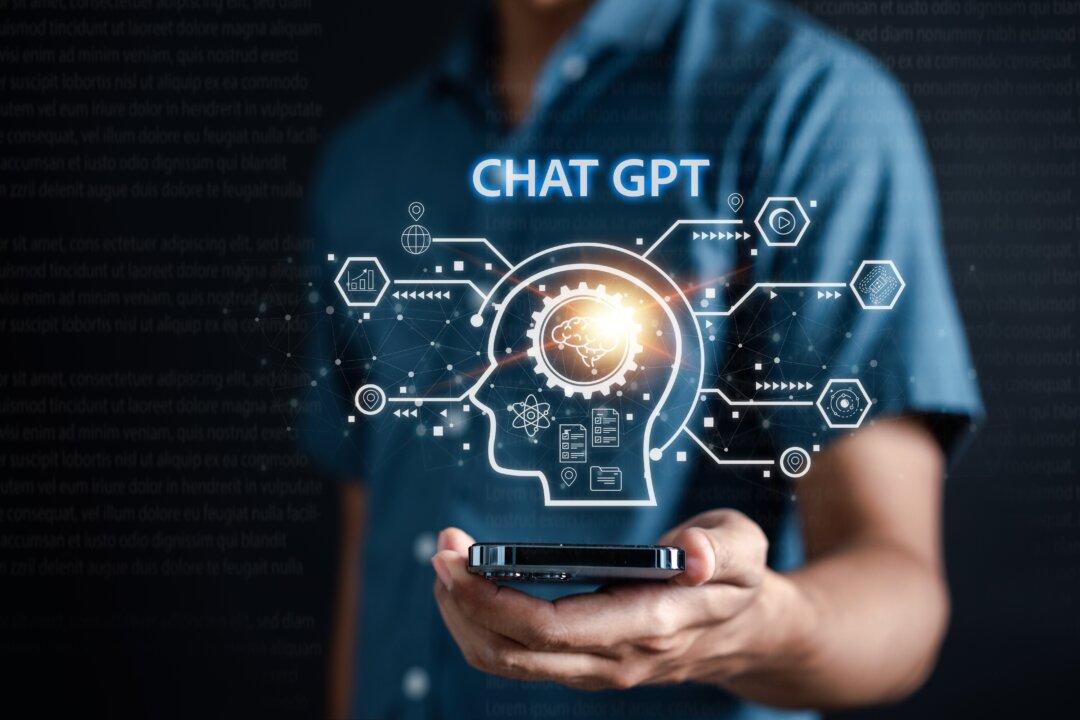Commentary
I was on an Australian TV program last week when the host, a respected and long-serving figure of the conservative media, decided to allow ChatGPT (an AI text generator) to draft the next segment about itself.

I was on an Australian TV program last week when the host, a respected and long-serving figure of the conservative media, decided to allow ChatGPT (an AI text generator) to draft the next segment about itself.